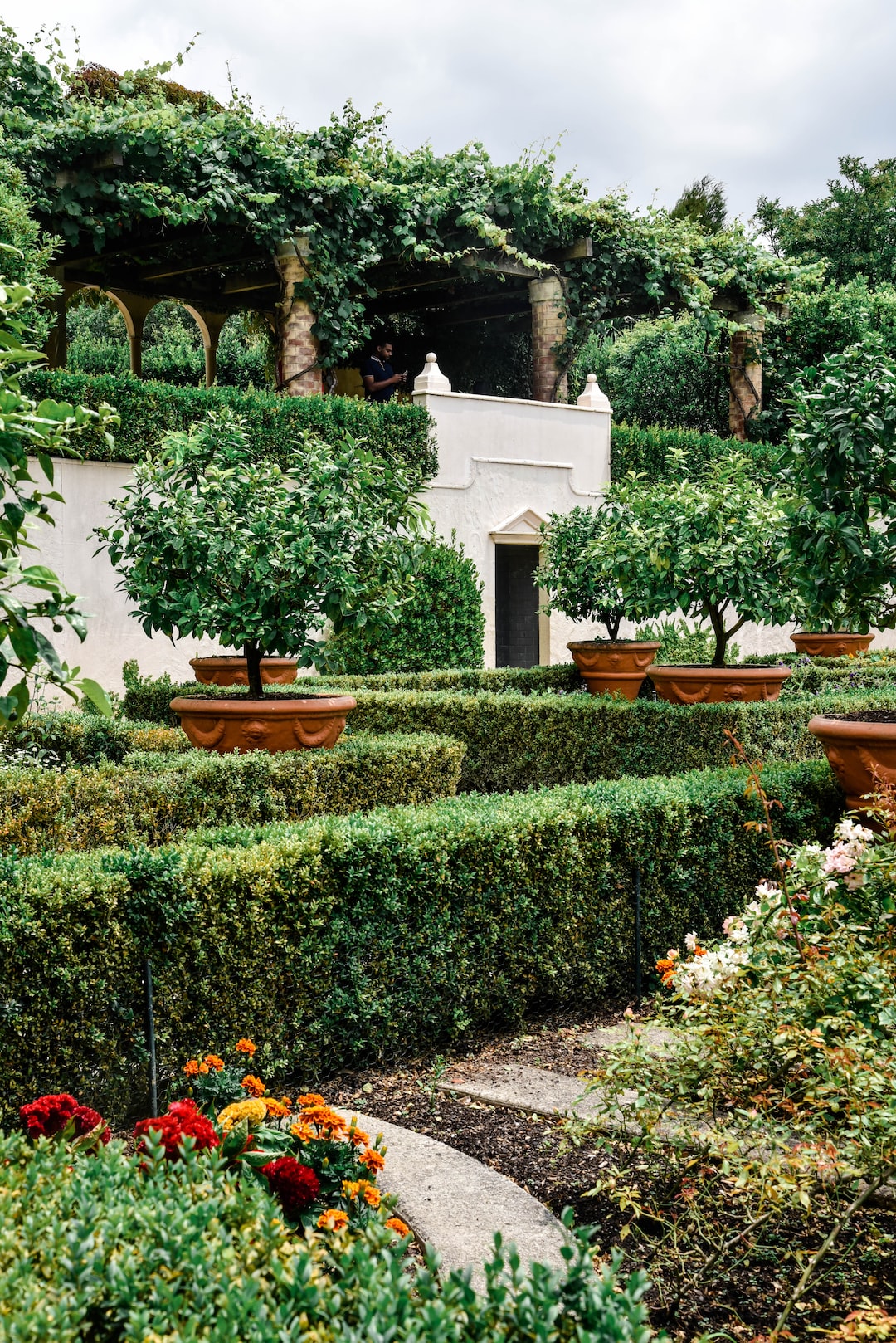Creating a Sustainable and Eco-Friendly Garden
In today’s world, where environmental concerns are a top priority, it is essential to adopt sustainable practices in every aspect of our lives, including gardening. Creating a sustainable and eco-friendly garden not only benefits the environment but also provides a beautiful and vibrant outdoor space for relaxation and enjoyment. With a little planning and effort, anyone can turn their garden into an environmentally friendly haven. In this blog post, we will discuss some tips and ideas to help you create a sustainable and eco-friendly garden.
1. Water Conservation: One of the primary aspects of creating an eco-friendly garden is water conservation. Install a rainwater harvesting system in your garden that collects rainwater from rooftops, which can then be used to water your plants. This reduces the reliance on tap water, conserves a precious natural resource, and reduces water bills. Additionally, consider using a drip irrigation system that delivers water directly to the plant roots, minimizing water wastage through evaporation or runoff.
2. Native Plants: When selecting plants for your garden, opt for native species that are adapted to the local climate and require less water and maintenance. Native plants also provide habitat and food for local wildlife, contributing to the overall biodiversity of your garden. Avoid planting invasive species, as they can outcompete native plants and disrupt the delicate balance of the ecosystem.
3. Composting: Recycling your organic waste through composting is an effective way to reduce landfill waste and provide nutrient-rich soil for your garden. Create a compost bin or pile in a corner of your garden and add fruit and vegetable scraps, grass clippings, leaves, and other organic matter. Turn the compost regularly to aerate it and speed up the decomposition process. Within a few months, you will have rich, dark compost that can be used as a natural fertilizer for your plants.
4. Natural Pest Control: Rather than relying on harmful chemical pesticides to control pests in your garden, opt for natural pest control methods. Encourage beneficial insects like ladybugs, lacewings, and praying mantises, which prey on harmful pests like aphids and caterpillars. Planting nectar-rich flowers, such as lavender and marigold, can attract these beneficial insects. Additionally, try companion planting, which involves planting certain species together that repel pests or attract beneficial insects, such as planting garlic next to roses to deter aphids.
5. Mulching: Mulching is an essential practice in sustainable gardening as it helps retain soil moisture, suppress weed growth, and improve soil fertility. Use organic mulch, such as wood chips or straw, to create a layer around your plants. This helps to regulate soil temperature, reduce evaporation, and provide habitat for beneficial soil organisms. Additionally, as organic mulch breaks down over time, it contributes to the overall health of the soil.
6. Use Organic Fertilizers: Avoid synthetic fertilizers that can leach harmful chemicals into the soil and waterways. Instead, opt for organic fertilizers like compost, manure, or seaweed-based products. These natural fertilizers improve soil health and promote the growth of strong and healthy plants. You can also make your own organic liquid fertilizers by steeping nutrient-rich materials like compost, seaweed, or banana peels in water.
7. Reduce Waste: Make conscious efforts to reduce waste in your garden by reusing and repurposing materials. Use rain barrels or recycled containers for planting instead of buying new ones. Repurpose old furniture or containers as planters, thus giving them a new lease of life and reducing landfill waste. Additionally, avoid using single-use plastic items like plant labels or garden stakes. Instead, opt for reusable materials like bamboo or metal.
Creating a sustainable and eco-friendly garden is not only beneficial for the environment but also a rewarding and enjoyable experience for the gardener. By implementing these tips and ideas, you can contribute to the conservation of natural resources, enhance biodiversity, and create a beautiful and sustainable outdoor space for relaxation and enjoyment. So, why not start today and make a positive difference through your own garden?

